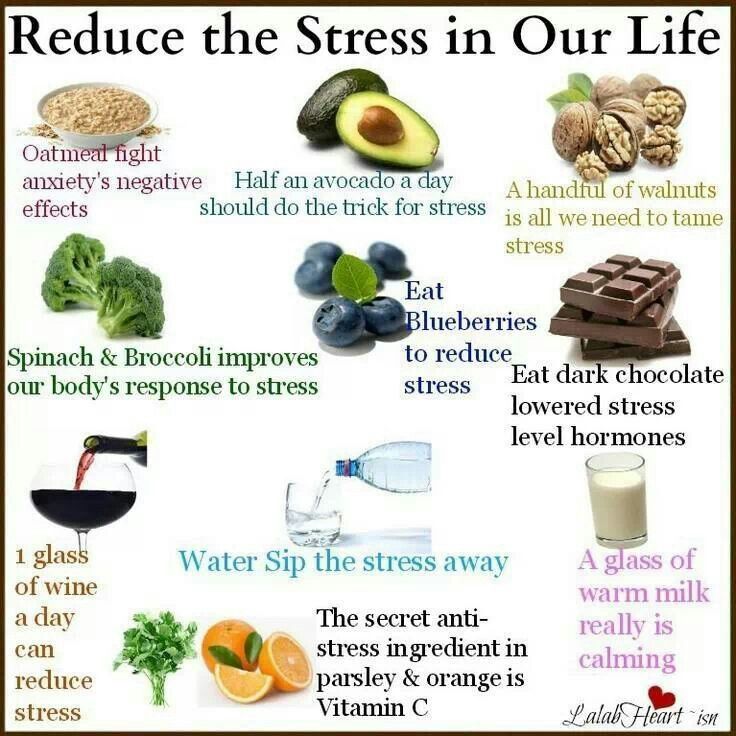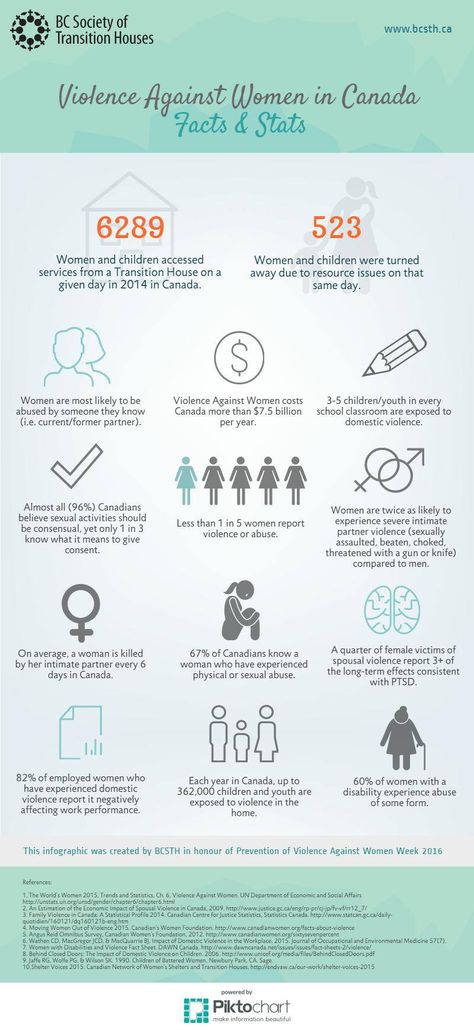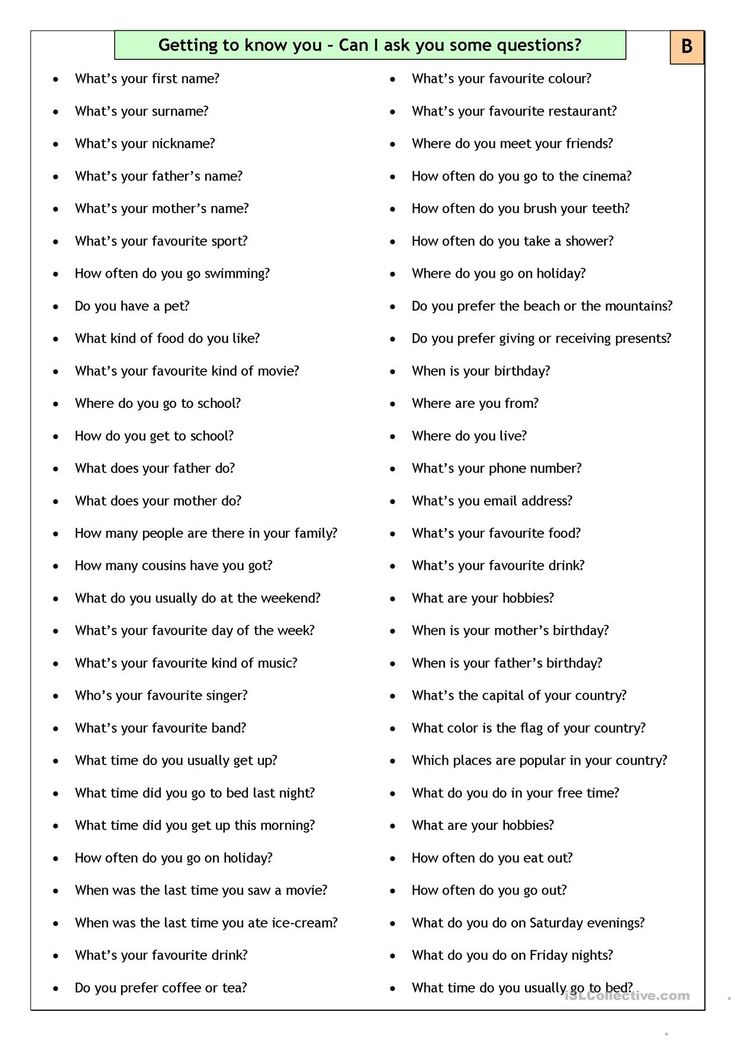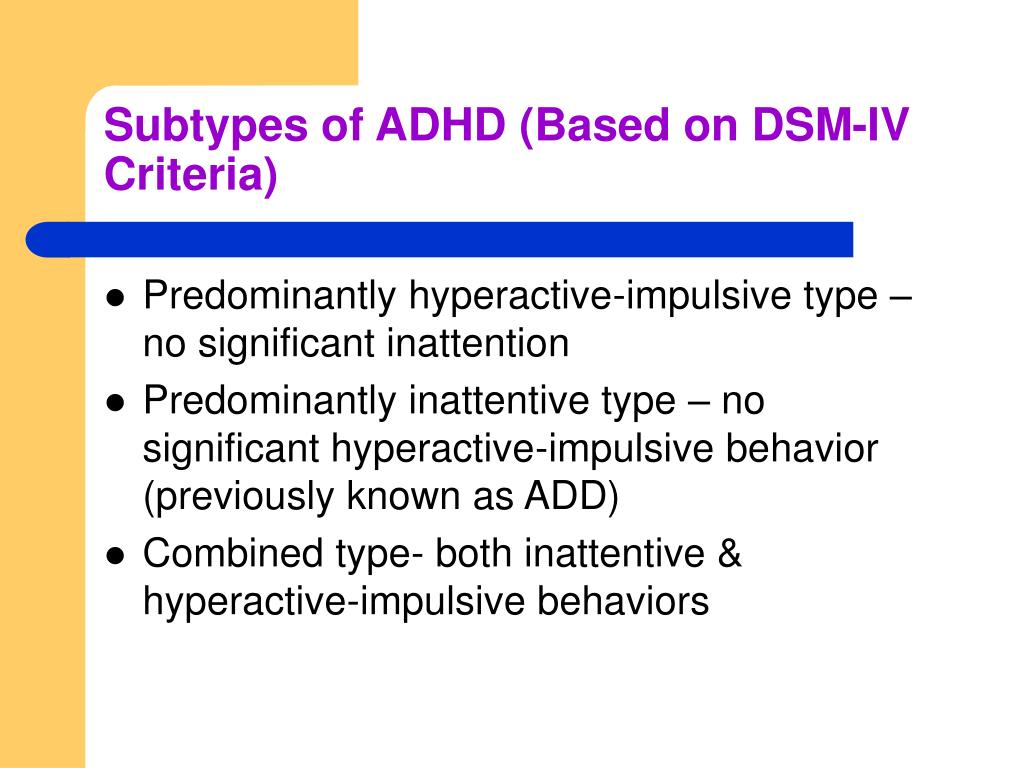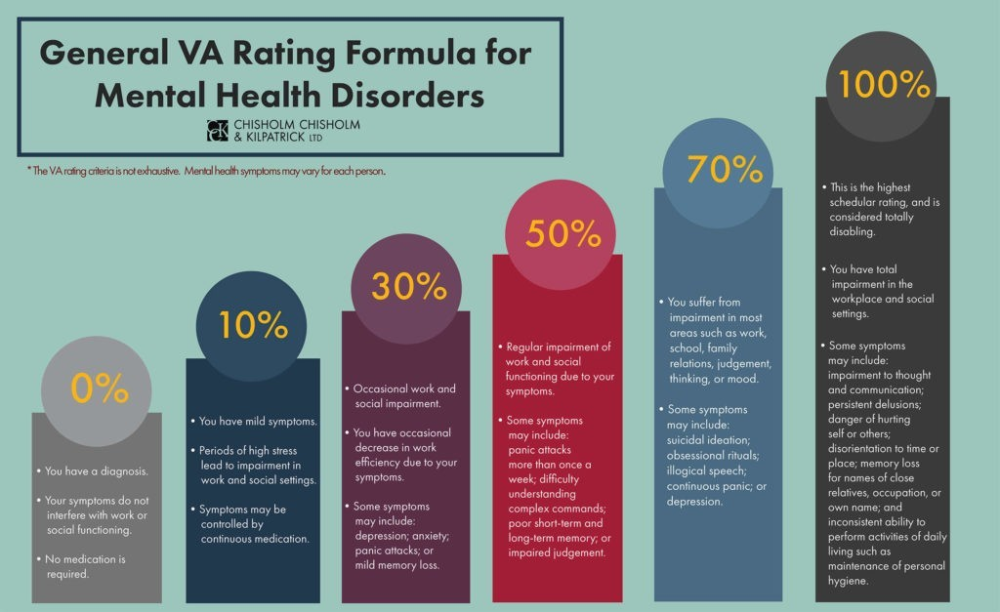Food to help reduce stress
Top Foods to Relieve Stress
NOURISH
Posted April 21, 2021
- Asparagus can stabilize your mood
- Berries help to lower blood pressure and cortisol levels
- Nutrients in certain foods can reduce stress
Certain foods can enhance your body's ability to handle stress, packed with essential nutrients needed to boost your mental state. Try incorporating some of these foods into your diet to help relieve stress naturally.
Oatmeal
This long time comfort food, is a complex carbohydrate. It keeps your blood sugar steady and reduces the level of stress hormones in the brain. Oatmeal helps to relieve stress by releasing the chemical serotonin, which increases relaxation, calmness and creativity.
Pro tip: Skip the refined sugar. Instead make oatmeal with apples and raisins for a touch of sweetness and extra vitamin C.
Asparagus
This spring time vegetable is not only high in iron, it is high in folate, one of the many B vitamins. Asparagus stabilizes your mood and helps to reduce depression and anxiety.
Pro tip: This versatile vegetable can be eaten fresh, grilled, steamed , sautéed, or broiled with olive oil.
Salmon and tuna
Fatty fish such as salmon and tuna are rich in omega-3 fatty acids. These oils keep the stress hormone cortisol under control while regulating adrenaline levels. Omega-3 fatty acids have been found to protect against heart disease, stroke, depression, and may assist in lowering blood pressure.
Pro tip: For the non-fish eaters, flaxseed, walnuts, and spinach are also rich in omega-3 fatty acids.
Berries
Strawberries, raspberries, blueberries and blackberries are loaded with anitoxidants and fiber. Yet it's the high amount of Vitamin C, that makes berries a stress fighting food. Vitamin C assist the body to return blood pressure and cortisol to normal levels after they have peaked.
Pro tip: Enjoy them fresh, frozen or mixed into a smoothie.
Oysters
While oysters may be best known as an aphrodisiac, they are also a stress relieving food chock full of B vitamins and magnesium. B vitamins help stabilize your mood and relieve symptoms of anxiety and depression. Magnesium levels tend to drop the more stressed we get, this can lead to fatigue and headaches. Add food rich in magnesium to your diet to fight stress and stress-related diseases, such as heart attacks and high blood pressure.
Pro tip: B vitamins also aid in memory and relieve premenstrual syndrome (PMS).
Dark chocolate
This sweet treat not only satisfies your taste buds, but helps relieve stress by reducing the level of cortisol in the body. Dark chocolate is made from the cacao plant, which contains antioxidants that help prevent heart disease. Be aware that some dark chocolate desserts may contain added sugars, so treat yourself in moderation.
Pro tip: Look for dark chocolate with a cocoa content of 70 percent or higher.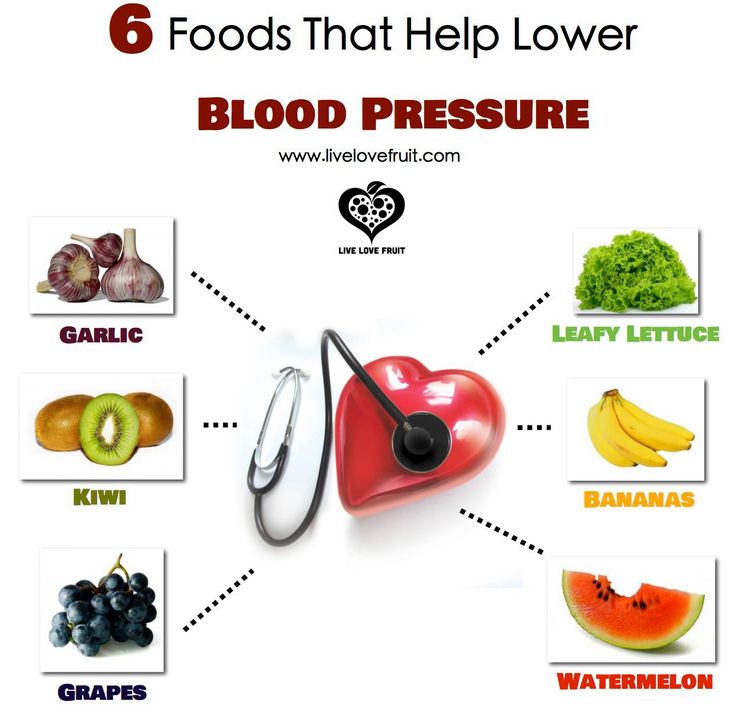
Chamomile tea
Chamomile tea is among the most-well known stress-soothing teas. It helps to calm stomach distress and relieve migraine-type headaches. Chamomile tea decreases stress with its wonderful sedative and muscle relaxing properties.
Pro tip: After a stressful day, sip a cup before bed and peacefully drift off for a goodnight’s sleep.
Stress is part of our daily lives. Remembering to make good choices about the foods you eat will give your body the essential nutrients to keep you staying healthy and functioning at your best.
WHAT YOU CAN DO
MORE LIKE THIS
Energize your summer with these five food tips
Posted June 21, 2017
Continue reading
Butter vs. margarine: What's better?
Posted May 1, 2015
Are your supplements safe?
Posted July 13, 2018
The magic of family mealtime
Posted November 11, 2017
EMPOWER YOURSELF
Get fun, inspiring, provider-reviewed articles sent to your inbox.
Sign up for our email newsletter
10 Best Foods to Fight Off Stress
Next time your stress levels start soaring, fill your plate with these foods that are scientifically proven to help you feel less frazzled.
By Kalah SiegelMedically Reviewed by Kelly Kennedy, RDN
Reviewed:
Medically Reviewed
Certain foods contain nutrients that can help fend off stress.
iStockThere are many ways to manage and even reduce stress levels when you’re feeling tense. Food can be one of your biggest allies — or enemies. It can make your stress levels go down or up, so it’s critical to pay attention to what you’re eating when you’re feeling frazzled. Not to mention, just being stressed can increase your need for certain nutrients, such as vitamin C, vitamin B, selenium, and magnesium, noted a review published in June 2016 in the Journal of Nutrition & Food Sciences.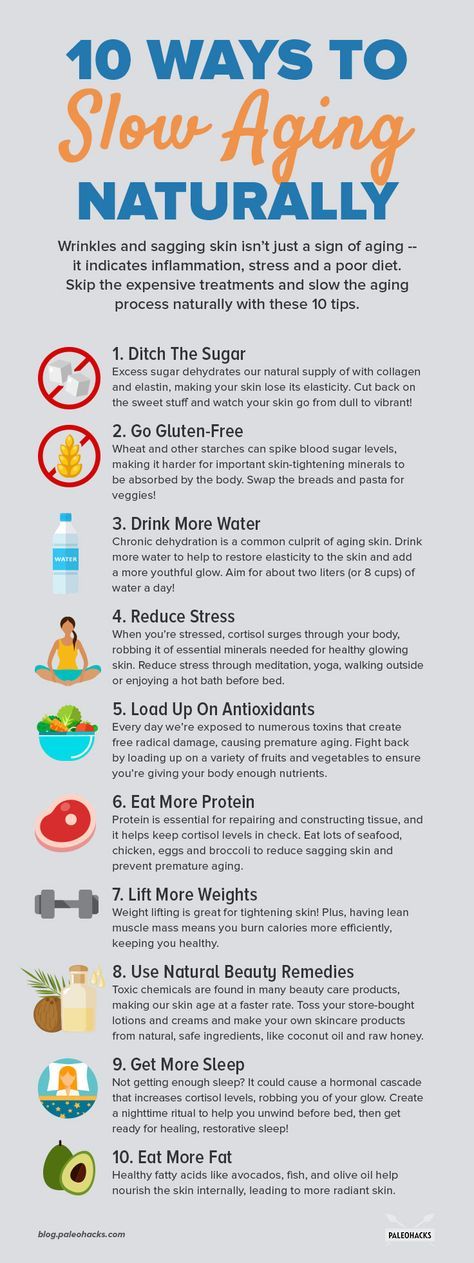
An article published in August 2015 in the journal Stress suggested that the amount and quality of nutrients you take in over time can impact the body’s neural circuits that control emotion, motivation, and mood. Other research, such as a study published in October 2017 in the journal Psychosomatic Medicine: Journal of Behavioral Medicine, has pointed to gut microbiota — microorganisms in the intestine comprised of good and bad bacteria — as an essential link to the relationship between what you eat and drink, and how you feel.
“Microbiome health, or gut health, affects your mood, emotions, and psychological health,” says Alice Figueroa, RDN, MPH, a nutritionist in New York City and founder of Alice in Foodieland.
Fighting stress with food is a tactic available to everyone, Figueroa says. No expensive supplements or complex methodology is required.
Unhealthy eating patterns can send stress levels skyrocketing and potentially increase your risk of health problems in the future if you don’t address them.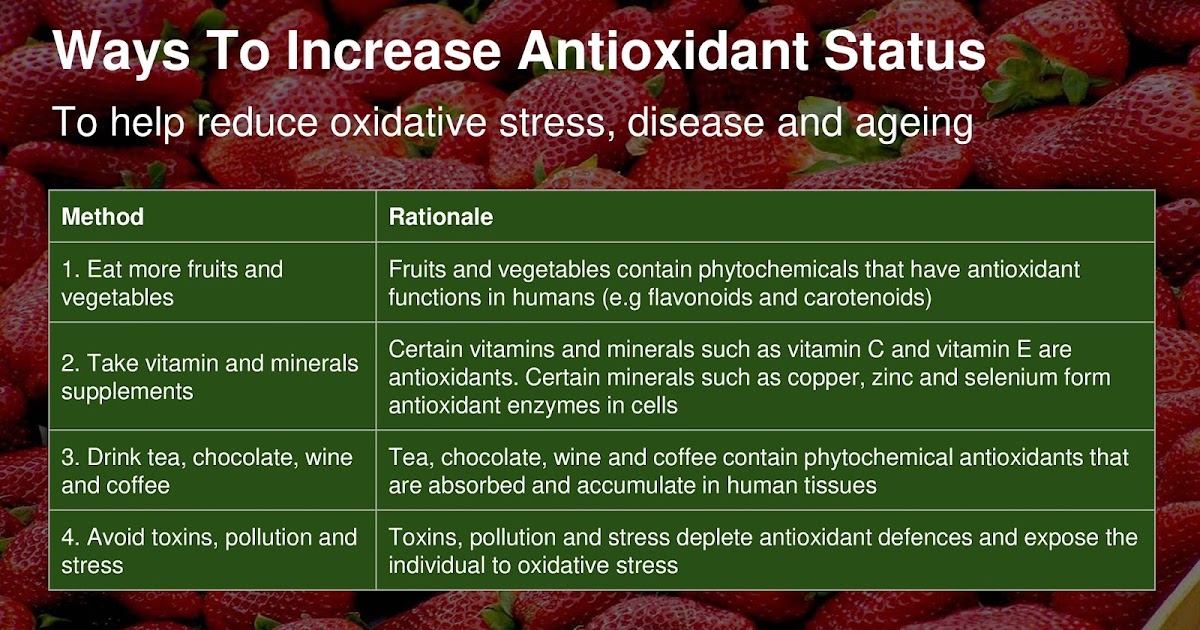 According to the June 2016 review in the Journal of Nutrition and Food Sciences, a well-balanced and nutritious diet was likely the single most important ingredient for good health. So the next time you’re under pressure, arm yourself with this delicious arsenal of 10 stress-busting pantry staples:
According to the June 2016 review in the Journal of Nutrition and Food Sciences, a well-balanced and nutritious diet was likely the single most important ingredient for good health. So the next time you’re under pressure, arm yourself with this delicious arsenal of 10 stress-busting pantry staples:
1271
Herbal Tea Helps Promote Feelings of Warmth and Calmness
Marti´ Sans/StocksySometimes it's the feeling that food or drinks induce, not their nutrients, that helps reduce stress. Drinking a warm cup of tea is one way to help make yourself feel calmer, says Sandra Meyerowitz, MPH, RD, an online nutrition coach and owner of Nutrition Works in Louisville, Kentucky.
Past research has suggested that holding and sipping a warm beverage increases feelings of interpersonal “warmth” and friendliness. There's a soothing effect of sipping a warm drink, regardless of the flavor — but certain herbs, like lavender and chamomile, have been shown to have a relaxing effect on their own, Meyerowitz says.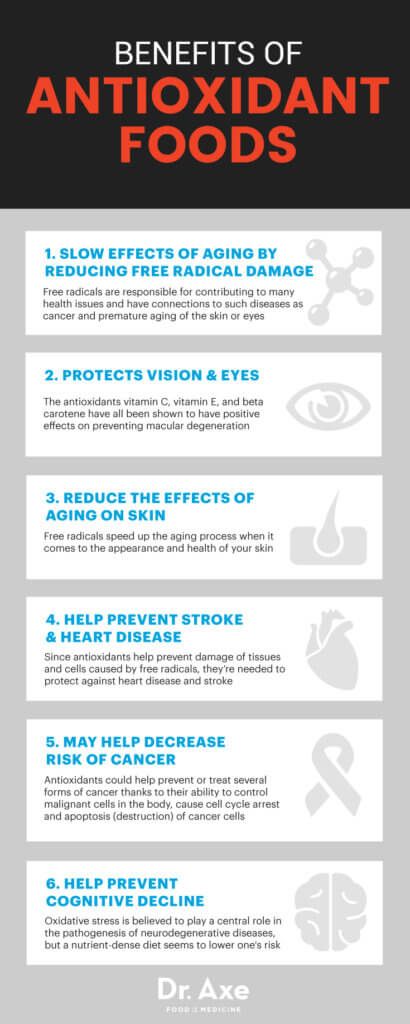
Figueroa agrees herbal tea is great for winding down but says green tea is perfectly fine when you need a small jolt of caffeine because it’s full of flavonoids, which studies show support brain health. They can help protect neurons against injury induced by neurotoxins, suppress neuroinflammation, and promote memory, learning, and cognitive function, according to previous research.
According to the Mayo Clinic, a cup of brewed green tea contains between 25 and 29 milligrams (mg) of caffeine versus black brewed coffee’s 95 to 165 mg per cup. Therefore, green tea can also be a preferable choice compared with coffee if you’re looking to chill out.
Flavonoids are a class of good-for-you plants and fungi also found in dark chocolate, citrus fruits, and wine. Despite green tea’s green light, Figueroa says to cut the caffeine in the afternoon to increase your chances of a good night’s rest.
RELATED: Are You Sensitive to Caffeine?
1272
Dark Chocolate Offers an Antioxidant-Rich Indulgence
Yelena Yemchuk/iStockDark chocolate in the diet can reduce stress in two ways — via its chemical impact and its emotional impact.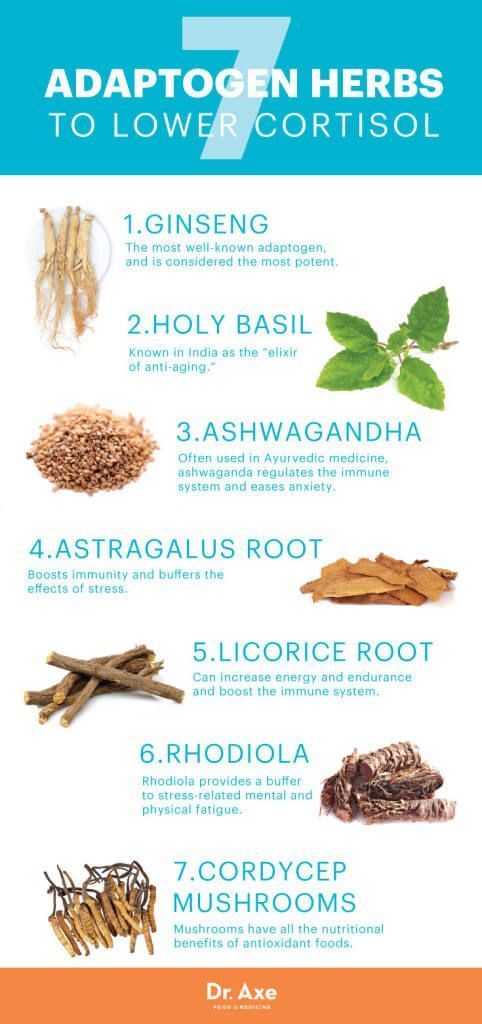 Chocolate feels like such an indulgence that it can be a real treat to simply savor a piece of it, and that feeling alone can help to reduce stress, says Meyerowitz.
Chocolate feels like such an indulgence that it can be a real treat to simply savor a piece of it, and that feeling alone can help to reduce stress, says Meyerowitz.
Dark chocolate, which is rich in antioxidants, may also help reduce stress by lowering levels of stress hormones in the body, according to a study that followed participants who ate about 1.5 ounces (oz) per day for two weeks. But be sure to enjoy dark chocolate in moderation, advises Meyerowitz. That means you should aim to eat only one-fourth of a small dark chocolate bar (about 1 oz). Also, make sure the bar doesn’t contain an unnecessary surplus of added sugar, says Figueroa.
It’s also important to choose high-quality dark chocolate, she says. You may have heard about the “bean-to-bar” movement, which focuses on high-quality ingredients and in-house responsibility for every aspect of the chocolate making process. This “farm-to-table” approach ensures the bar is packed with pure components and no hidden additives or chemicals.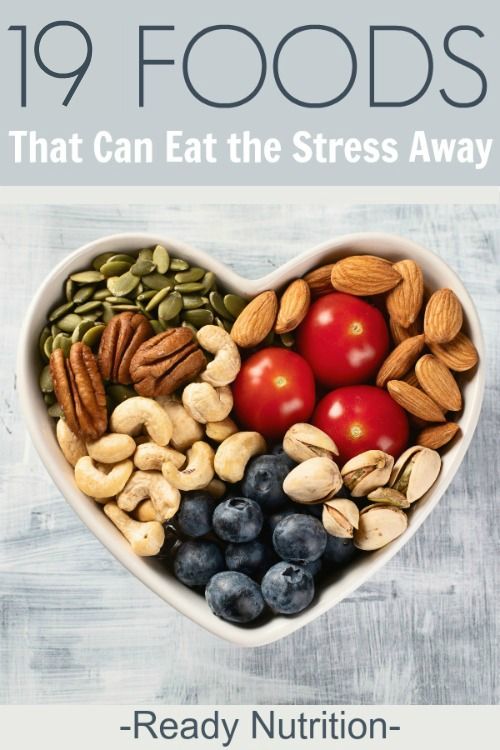 Look on the label for two or three ingredients only, such as cacao beans, cane sugar, and cocoa butter.
Look on the label for two or three ingredients only, such as cacao beans, cane sugar, and cocoa butter.
1273
Whole Grains Provide a Mood-Boosting Way to Carbo-Load
Getty ImagesAccording to prior research, carbohydrates can temporarily increase levels of serotonin, a hormone that boosts mood and reduces stress. Once serotonin levels are increased, people under stress have better concentration and focus. Just make sure to choose healthy, unrefined carbohydrates, like sweet potatoes and whole grains, for better nutrition, and limit simple carbs, such as cookies, cake, and “white” foods, including white pasta and white bread. Unrefined carbs cause a quick spike and crash of blood sugar, while complex carbs contain vitamins and minerals as well as fiber, and so take longer to digest and have less of an immediate impact on blood sugar, according to Harvard School of Public Health.
Because fiber can also support a healthy gut microbiome, reach for high-fiber foods, including whole rye, buckwheat, and brown rice, says Figueroa.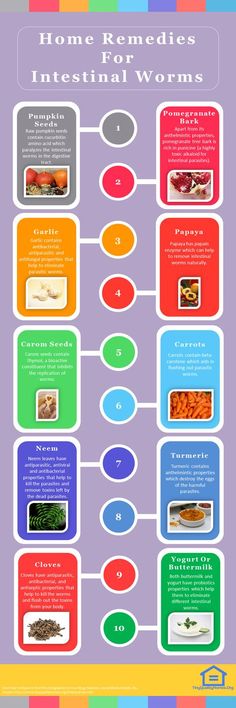
RELATED: What’s the Difference Between Healthy and Unhealthy Carbs?
1274
Avocados Offer Stress-Busting Omega-3 Fatty Acids
iStockAvocados are not only delicious mashed into guacamole or sliced and added to a salad — they also offer omega-3 fatty acids. These healthy essential acids are known to reduce stress and anxiety, boost concentration, and improve mood, according to the National Center for Complementary and Integrative Health. Meyerowitz emphasizes the importance of getting the right amount of omega-3 fatty acids in your diet for overall health — in addition to the benefit of helping reduce stress — which the federal government’s dietary guidelines define as 1.6 g of ALA (alpha-linolenic acid, a form of omega-3 fats) for adult men and 1.1 g of ALA for adult women.
The possible superpower of avocados goes beyond their omega-3 fatty acids. They also consist of phytochemicals, fiber, and essential nutrients, according to the National Health and Nutrition Examination Survey.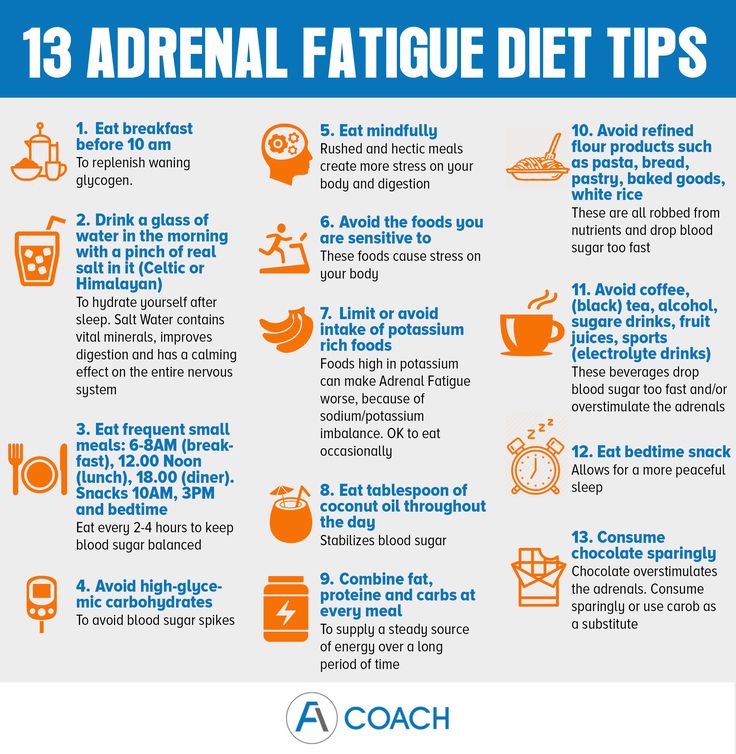 The survey, which was published in January 2013 in the Nutrition Journal, suggested that avocados have been linked to better diet quality and nutrient intake as well as a lower risk of metabolic syndrome, which is a group of conditions that include high blood pressure and obesity. It's important to note, however, that the survey only suggested an association, not a cause-and-effect relationship, between eating avocados and these improved health markers.
The survey, which was published in January 2013 in the Nutrition Journal, suggested that avocados have been linked to better diet quality and nutrient intake as well as a lower risk of metabolic syndrome, which is a group of conditions that include high blood pressure and obesity. It's important to note, however, that the survey only suggested an association, not a cause-and-effect relationship, between eating avocados and these improved health markers.
1275
Fish Can Boost Your Heart Health While Fending Off Stress
Nina Van Der Kleij/GettyImagesFight stress and help prevent heart disease by adding seafood to your plate. Fatty fish in particular are a great option because they’re heart-healthy, and their omega-3s may help ease depression because the nutrients easily interact with mood-related brain molecules, according to the Harvard Health Blog. Fatty fish include tuna, halibut, salmon, herring, mackerel, sardines, and lake trout, according to the American Heart Association.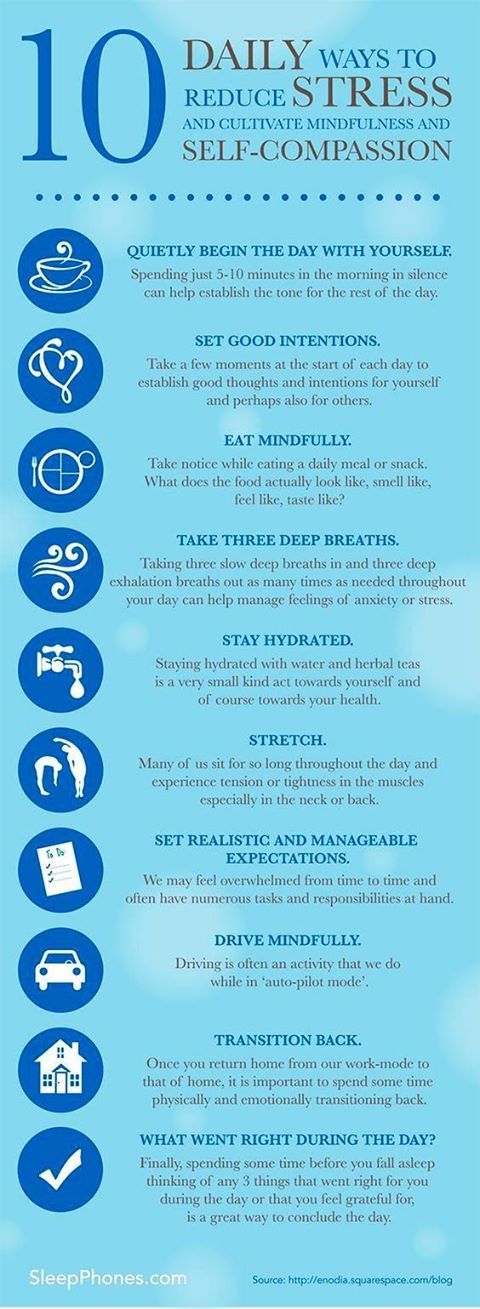
Not a fish fan? There are other whole-food options, like seaweed, chia seeds, flaxseeds, walnuts, and fortified food, such as certain brands of eggs, milk, soy milk, and nut milk. You can also try omega-3 supplements in the form of fish oil, which can be found at your local drugstore or grocery store. The Harvard Health Blog noted they’re tied to a lower risk for heart disease and stroke.
Figueroa says fish oil is fine if you’re not eating a balanced diet that is rich in omega-3s and includes eating fish at least twice a week. But she cautions that it’s important to check with your doctor or registered dietitian before beginning a supplement routine, so you can figure out the best brand and dosage for your health goals.
RELATED: The Best and Worst Fish for Your Health
1276
Warm Milk Can Help You Get a Good Night’s Sleep, Aiding Stress Management
Pongsak Tawansaeng/GettyImagesSipping warm milk before bed is a centuries-old home remedy for getting a better night’s sleep.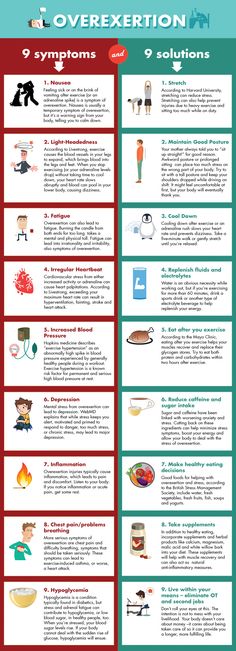 According to SleepAdvisor.org, warm milk can have a relaxing effect on the body as well as on a psychological level. For people who grew up drinking warm milk before bed, the routine can signal that it’s time to go to sleep, for example. Also, the act of sipping a warm beverage curled up on the couch is innately relaxing.
According to SleepAdvisor.org, warm milk can have a relaxing effect on the body as well as on a psychological level. For people who grew up drinking warm milk before bed, the routine can signal that it’s time to go to sleep, for example. Also, the act of sipping a warm beverage curled up on the couch is innately relaxing.
Calcium-rich foods are an essential part of a healthy diet for bone health, but this nutrient may also help reduce depression, according to a study published in December 2012 in the journal Nutrition Research and Practice. Milk and other dairy foods with calcium and added vitamin D can help muscles relax and stabilize mood — one study, published in January 2017 in the journal Obstetrics and Gynecology, even found that it can also ease symptoms of premenstrual syndrome.
Figueroa says the main stress reducer here is calcium. If milk isn’t your thing, other dairy sources, like yogurt and cheese, are excellent sources of calcium, according to according to MedlinePlus.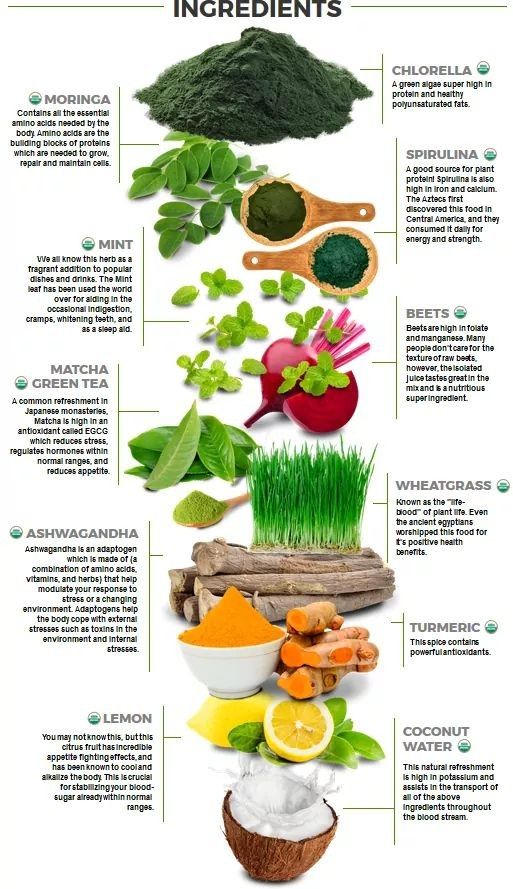 If you’re lactose intolerant, canned salmon, almonds, sunflower seeds, and green leafy veggies, like kale, broccoli, turnip greens, and bok choy, are also sources of calcium, the website notes.
If you’re lactose intolerant, canned salmon, almonds, sunflower seeds, and green leafy veggies, like kale, broccoli, turnip greens, and bok choy, are also sources of calcium, the website notes.
1277
Nuts Are a Great Stress-Busting Snack and They’re High in Healthy Fat
Julia Sudnitskaya/iStockNuts are full of nutrients, including B vitamins, along with healthy fatty acids. Meyerowitz says B vitamins are an important part of a healthy diet and can help reduce stress. Almonds, pistachios, and walnuts may even help lower blood pressure levels. According to a past study, pistachios in particular can have a role in reducing stress levels. Just remember to limit servings to just a handful a day to avoid excess calories.
Nuts and seeds are also high in magnesium, and that’s a plus, Figueroa says, because magnesium has been linked to better anxiety management. Findings from a review published in April 2017 in the journal Nutrients suggested that magnesium benefits individuals with mild to moderate levels of anxiety, but more trials are needed before making this treatment recommendation across the board.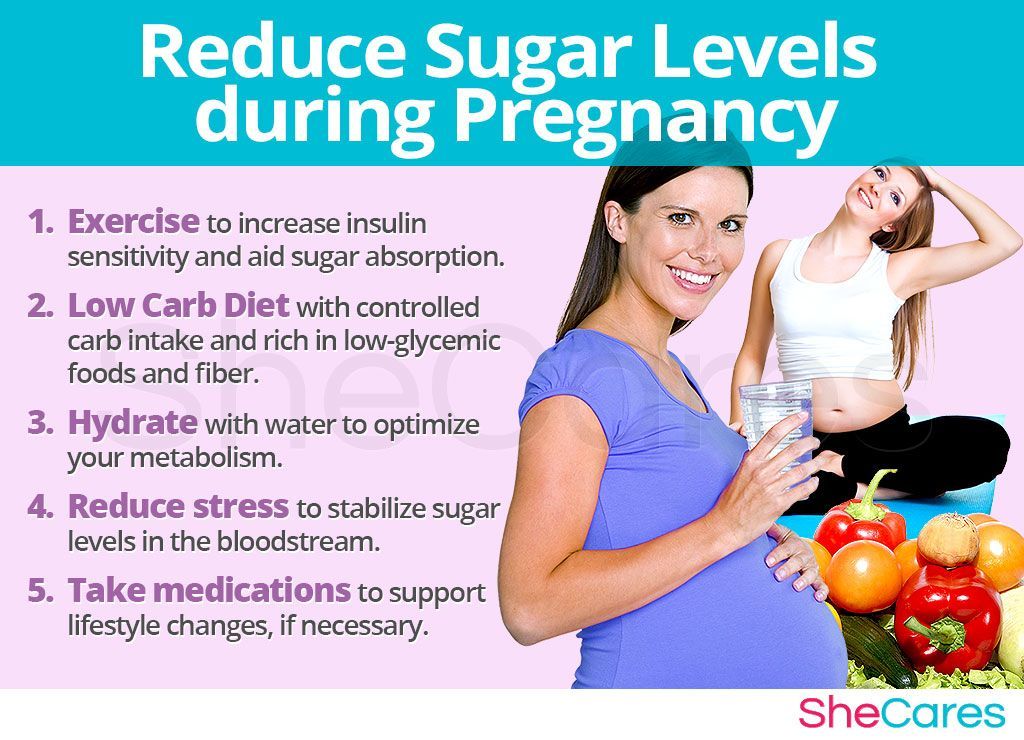
RELATED: 8 Foods High in Magnesium
1278
Citrus Fruits and Strawberries Contain Vitamin C, Which Help Fight Stress
James A. Guilliam/GettyImagesSome studies have found that high levels of vitamin C may help ease stress levels. One double-blind study, published January 2015 in the Pakistan Journal of Biological Sciences, reported that vitamin C reduced stress levels in participants taking 500 mg per day, and also pointed to possible anxiety prevention. Another study, published in November 2013 in the Pakistan Journal of Biological Sciences, looked at vitamin C and vitamin E and found a significant decrease in anxiety levels in the vitamin C group compared with other groups. Eating fruits like oranges, grapefruits, and strawberries is a good place to start.
1279
Probiotics Can Create a Healthy Gut Microbiota, Helping You Manage Stress
Getty ImagesThe best way to support healthy gut hormones is with good-for-you bacteria called probiotics, Figueroa says.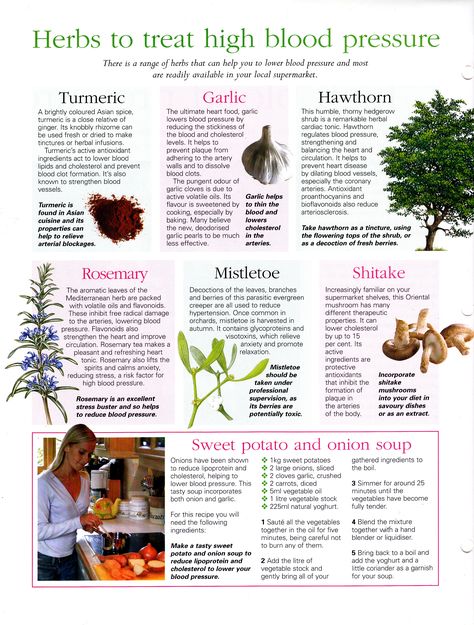 According to Harvard Health Publishing, probiotics can help boost the immune system, protect against harmful bacteria, and improve digestion and absorption of nutrients. An article published in December 2018 in University Health News cited several studies that found gut health has a direct correlation to improving anxiety, depression, and mood. One way is that gut bacteria can produce molecules with neuroactive functions, including serotonin and gamma-aminobutyric acid (GABA), which positively influence mood.
According to Harvard Health Publishing, probiotics can help boost the immune system, protect against harmful bacteria, and improve digestion and absorption of nutrients. An article published in December 2018 in University Health News cited several studies that found gut health has a direct correlation to improving anxiety, depression, and mood. One way is that gut bacteria can produce molecules with neuroactive functions, including serotonin and gamma-aminobutyric acid (GABA), which positively influence mood.
Probiotics can be available in supplement form, but it’s unregulated by the U.S. Food and Drug Administration (FDA) and the pills can be more expensive than their food form, Figueroa says. Some of the top-rated brands run for more than $40 for a month’s supply, for instance.
Fortunately, probiotics occur naturally in food, too, and appear to be slightly better than the pill form, though both are efficient carriers for good bacteria, according to a study published in August 2014 in the journal Critical Reviews in Food Science and Nutrition.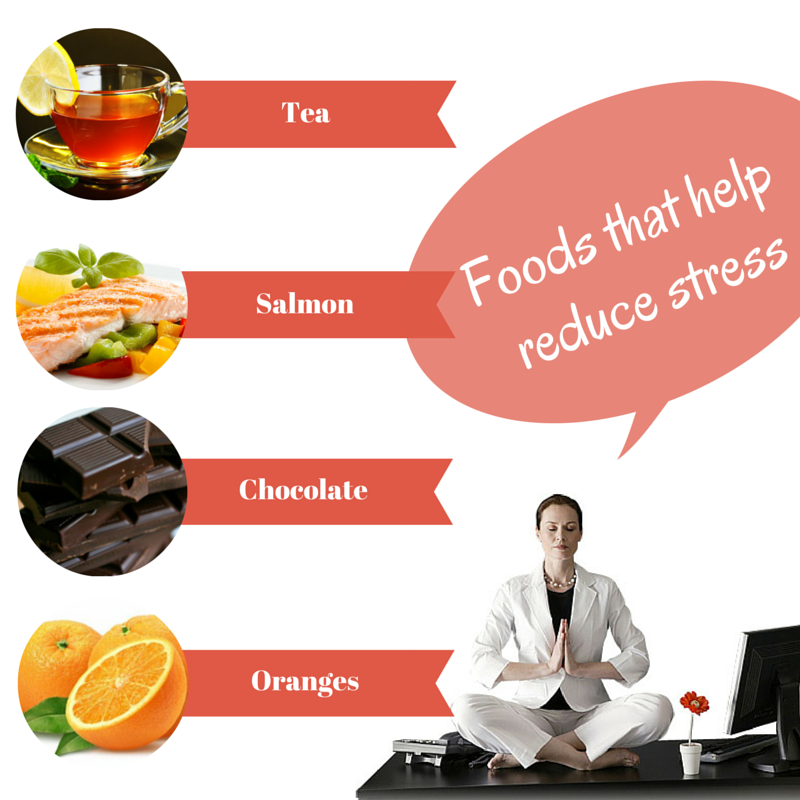
Figueroa’s favorite is kefir, a fermented yogurt drink, which is available in both dairy and vegan forms. She also recommends yogurt and fermented foods, including kombucha and miso, a Japanese fermented bean paste that can be found in miso soup.
RELATED: How Your Gut Microbiome May Affect Diabetes
1280
Foods High in Fiber May Reduce Stress and Anxiety
Antonios Mitsopoulos/GettyImagesAs Figueroa mentioned, fiber-rich foods are gut-friendly and can play a role in lowering stress. According to a review published in July 2018 in the journal Nutritional Neuroscience, a high-fiber diet may be linked with reduced anxiety, depression, and stress. A preliminary study on rats published in the journal Pharmacological Research suggested that fiber may help fight oxidative stress and inflammation — two effects that previous research tied to cancer, along with other health conditions.
To add more fiber to your diet, Figueroa recommends eating beans, green peas, berries, almonds, pistachios, flaxseed, sesame seeds, and lots of greens, like kale and broccoli.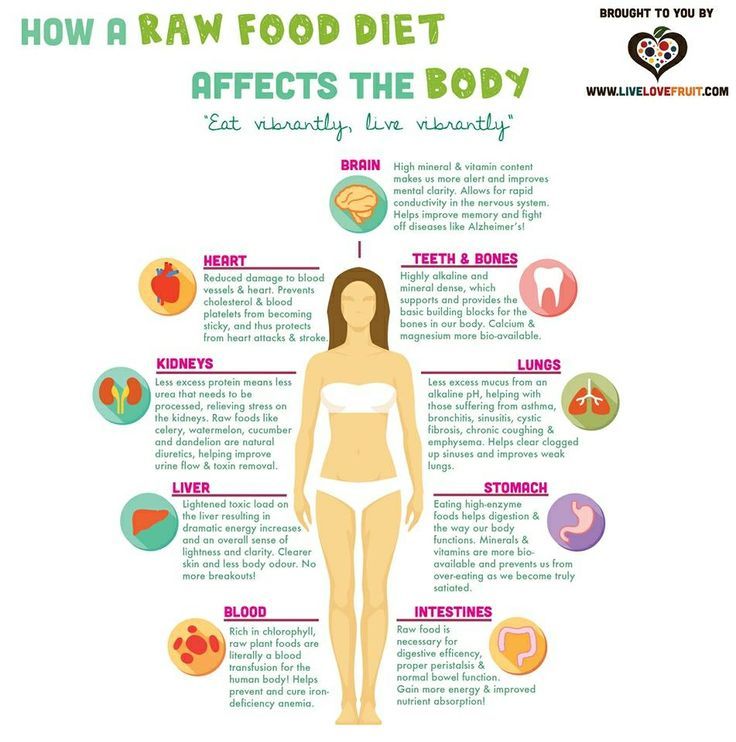 Whole grains are also fiber champs. Often whole grain–based foods will have a symbol or wording on the package saying so, but look for “whole grain” or “whole wheat” listed in the first ingredient to be sure.
Whole grains are also fiber champs. Often whole grain–based foods will have a symbol or wording on the package saying so, but look for “whole grain” or “whole wheat” listed in the first ingredient to be sure.
“We hear it all the time: ‘eat foods that are rich in fiber,’ and it’s because they balance your blood sugar and prevent spikes in your insulin levels,” Figueroa says.
A blood sugar crash can induce fatigue, anxiety, shaking, irritability, and trouble concentrating, according to the Mayo Clinic. There’s a hormonal response when blood sugar gets low — a rapid release of epinephrine and glucagon, followed by a slower release of cortisol and growth hormone, according to the University of California in San Francisco — so keep the pantry full of fiber-rich foods and avoid blood sugar spikes and plummets brought on by empty carbs, such as chips and candy.
Additional reporting by Diana Rodriguez.
Products from stress - A blog about healthy food.
Stress is a common problem that everyone has to deal with at some point in life.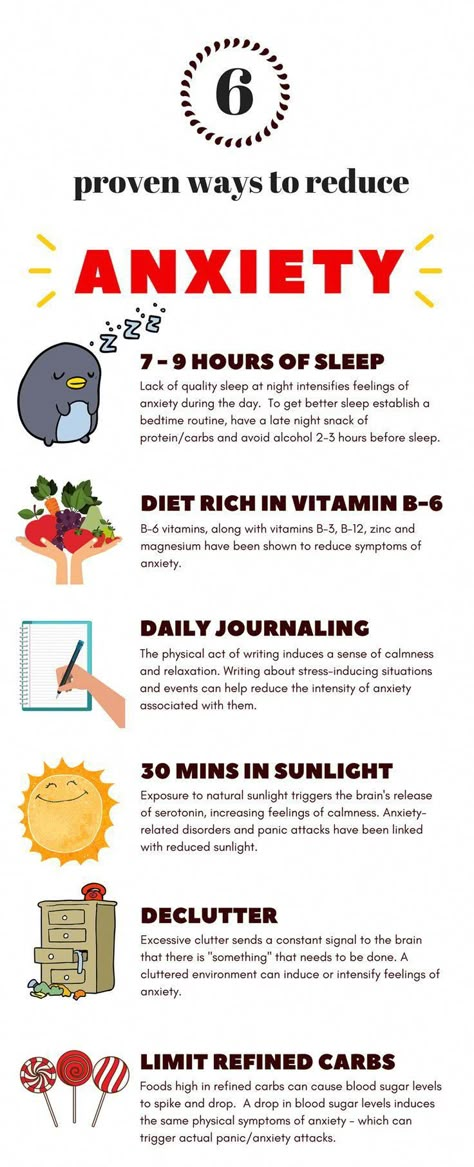 There are many factors that cause stress in the body: external pressure, such as work, and internal pressure, what we eat and how the digestive, immune and nervous systems function. Especially with the arrival of spring, serious biological changes begin due to the process of human adaptation. Therefore, in this season, more than ever, you need to monitor the daily routine and nutrition.
There are many factors that cause stress in the body: external pressure, such as work, and internal pressure, what we eat and how the digestive, immune and nervous systems function. Especially with the arrival of spring, serious biological changes begin due to the process of human adaptation. Therefore, in this season, more than ever, you need to monitor the daily routine and nutrition.
Food can be one of your biggest allies or enemies in dealing with stress. Therefore, it is very important to pay attention to what you eat when you feel depressed. Not to mention that overexertion increases the need for certain substances such as vitamin C, B and magnesium.
The good news is that there are many simple lifestyle changes we can make to manage our stress levels.
Stress reducing products
Balanced and proper nutrition is the key to helping the body cope with the physiological changes caused by stress.
Leafy green vegetables
Leafy greens like fresh kale and spinach contain, in addition to B vitamins, folic acid, which helps produce dopamine and serotonin, which promotes well-being and calmness.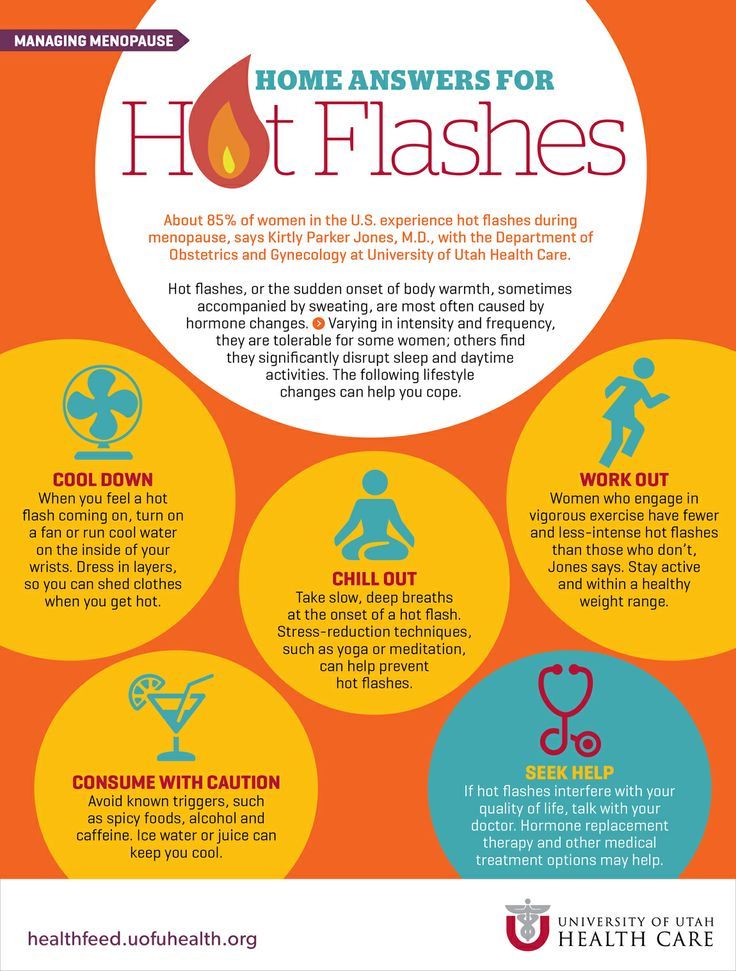
Spinach is rich in magnesium, which reduces the risk of depression. This trace element is washed out of the body during severe stress, so it is important to get enough of it.
Whole grains
If you already love carbohydrates, it's likely that nothing can come between you and a muffin. But instead of reaching for sweets, switch to complex carbohydrates. Unrefined carbohydrates (such as cookies, cakes, and white bread) cause blood sugar levels to spike and fall quickly, while complex carbohydrates (whole grain bread, non-instant oats, rice, buckwheat and chickpea products) contain vitamins and minerals , as well as fiber, so they take longer to digest and have less of an impact on your body's glucose levels.
Also eat foods that contain both carbohydrates and fibre, this combination is very helpful in relieving stress. It can be boiled potatoes and brown rice.
Avocado
Avocado is an excellent source of key vitamins and minerals needed by the body: vitamins C, E, K and B-6, as well as riboflavin, niacin, folic acid, magnesium and potassium.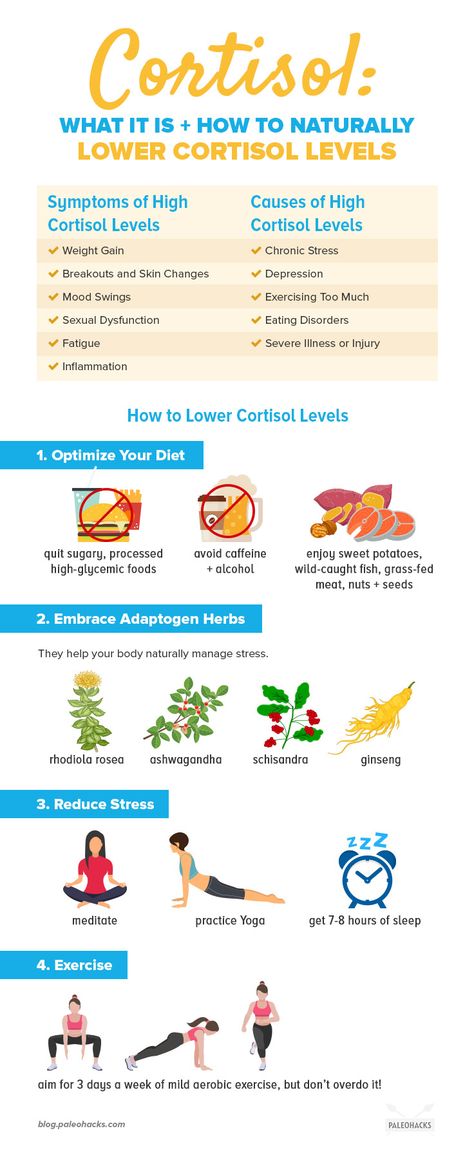 It also contains polyunsaturated acids, which reduce stress and anxiety and increase concentration and mood.
It also contains polyunsaturated acids, which reduce stress and anxiety and increase concentration and mood.
Oily fish
Oily fish is a great way to fight stress and prevent heart disease. Oily fish include tuna, halibut, salmon, herring, mackerel, sardines, and trout. These are excellent products for stress and nerves.
For those who don't like fish, there are other whole and fortified options. First of all, these are walnuts and eggs, farm and soy milk. As well as seaweed, chia seeds, flaxseed. You can also try omega-3 supplements in the form of fish oil, which is easy to find at the pharmacy.
Nuts
Stress depletes our vitamin B stores, and snacking on nuts helps replenish them. The potassium in nuts also plays a key role: a couple servings of pistachios, almonds, or walnuts a day lowers blood pressure and stress on the heart.
Citrus
The adrenal glands use vitamin C to release cortisol, so the body needs more vitamin C during times of stress.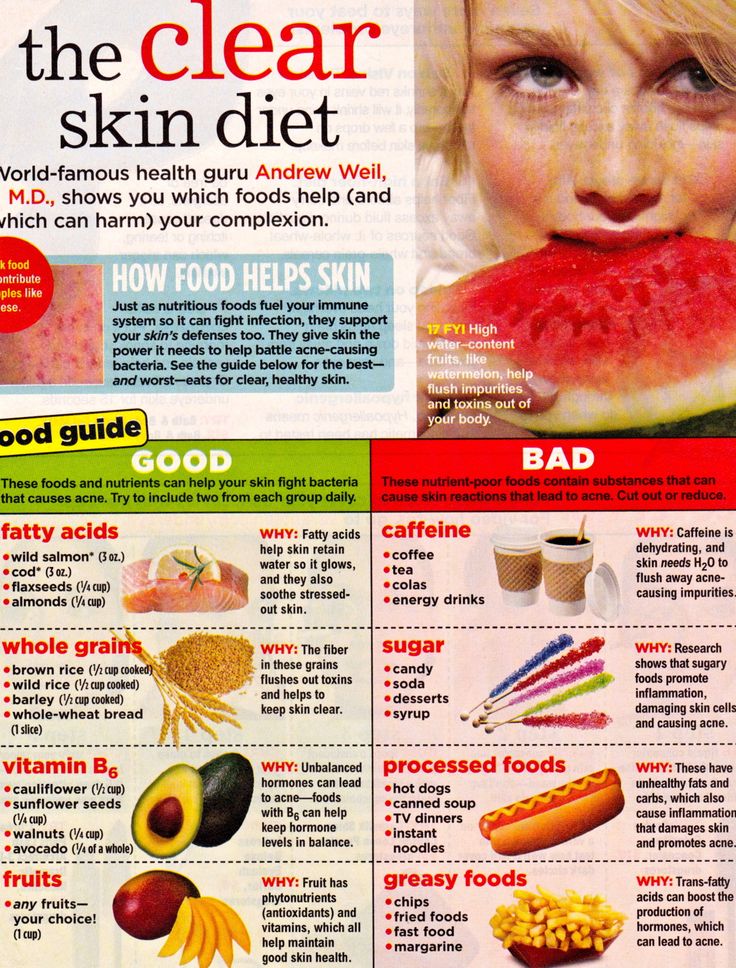 Citrus fruits, as well as papaya, strawberries and mangoes, are excellent sources of vitamin C, which help to balance the body both on a biochemical and physiological level.
Citrus fruits, as well as papaya, strawberries and mangoes, are excellent sources of vitamin C, which help to balance the body both on a biochemical and physiological level.
Fermented foods
The best way to support healthy gut hormones is with beneficial bacteria called probiotics. They strengthen the immune system, protect against harmful bacteria, improve digestion and absorption of nutrients. Gut health is directly linked to reduced anxiety and depression. One reason is that gut bacteria produce molecules with neuroactive functions, including serotonin and gamma-aminobutyric acid, which have a positive effect on mood. The most affordable and popular fermented foods are sauerkraut, pickled cucumbers and tomatoes, and kefir. When buying, you should carefully study the composition, because very often you can get into low-quality fermentation with a bunch of additives. In this case, it is better to choose farm products - there is definitely nothing superfluous.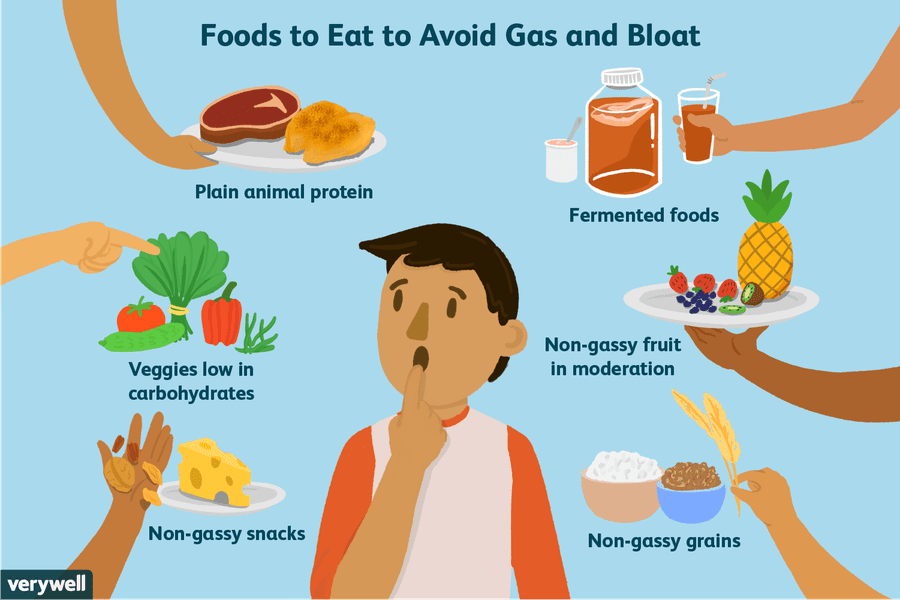
Dark Chocolate
Dark Chocolate contains flavonoids, plant compounds with a range of amazing health benefits, including the ability to reduce cortisol. Choose chocolate that is 70-85% cocoa as it is rich in fiber and essential minerals.
Turmeric
Curcumin, an element found in turmeric, can be as effective as anxiety medications. The properties of turmeric improve neuronal health, reduce inflammation, and regenerate brain cells.
Herbal tea
Herbal tea contributes greatly to the reduction and elimination of anxiety. Substances present in herbs: relax, help sleep, and some prevent headaches.
The vitamins, minerals and antioxidants in tea are important for calming the mind and uplifting the mood. In addition, this hot drink improves blood circulation and speeds up the detoxification process in the body.
What stress-reducing foods are also worth looking at
High in B vitamins
B vitamins support adrenal function, cortex and hormone production.
The adrenal glands produce the main stress response hormones: epinephrine, norepinephrine and cortisol. Over time, the adrenal glands can overwork and have difficulty producing the right amount of these hormones.
- Beef
- Chicken
- Nutritional yeast
- Liver meat
- Beans
- Cheese
- Buckwheat
With omega-3 fatty acids
These acids reduce the risk of stress and irritation.
- Anchovies
- Mustard seeds
- Olive oil
- Oysters
- Walnuts
- Kizhuch
- Capelin
With Magnesium
Magnesium is extremely beneficial when it comes to reducing inflammation, metabolizing cortisol and relaxing the body and mind.
- Bananas
- Peaches
- Raspberry
- Sesame
- Carrot
- Broccoli
- Pumpkin seeds
Rich in protein
Protein contributes to a balanced blood sugar level.
- Almond
- Chicken breast
- Lean Beef
- Lentils
- Peanuts
- Quinoa
- Turkey breast
- Shrimps
With probiotics
Foods rich in probiotics help balance the glycemic index and lower cholesterol levels.
- Greek yogurt
- Kefir
- Kimchi
- Kombucha (kombucha)
- Sauerkraut
Foods to Avoid When Anxious
Carbonated Drinks
The sugar in these drinks has no nutritional value.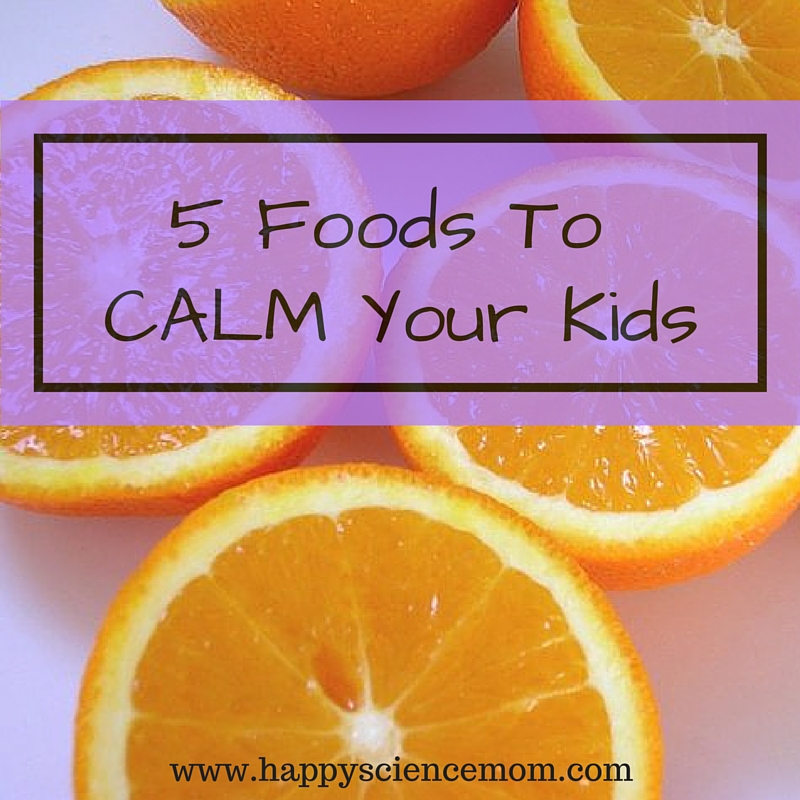 If you want a fizz, try mineral water with a drop of juice.
If you want a fizz, try mineral water with a drop of juice.
Coffee
Concentration-enhancing coffee can help take your mind off stress, but high doses of caffeine cause nervousness and can ruin sleep. While caffeine is known to elevate mood by stimulating dopamine activity, the chemical blunts the absorption of key mood-regulating nutrients such as vitamin D and B vitamins.
Remember, caffeine isn't just found in coffee. But also in some types of tea and energy drinks.
Alcoholic beverages
Drinking alcohol can only make your mood worse. While a glass of wine purportedly calms the mind, studies show it backfires in the long run. A few drinks in the evening cause sleep problems, blood glucose fluctuations, and dehydration, all of which can further increase stress hormone levels.
Processed foods
Fried foods, chips, pastries, candy and fatty dairy products are not only harmful to the body, but cause anxiety and depression.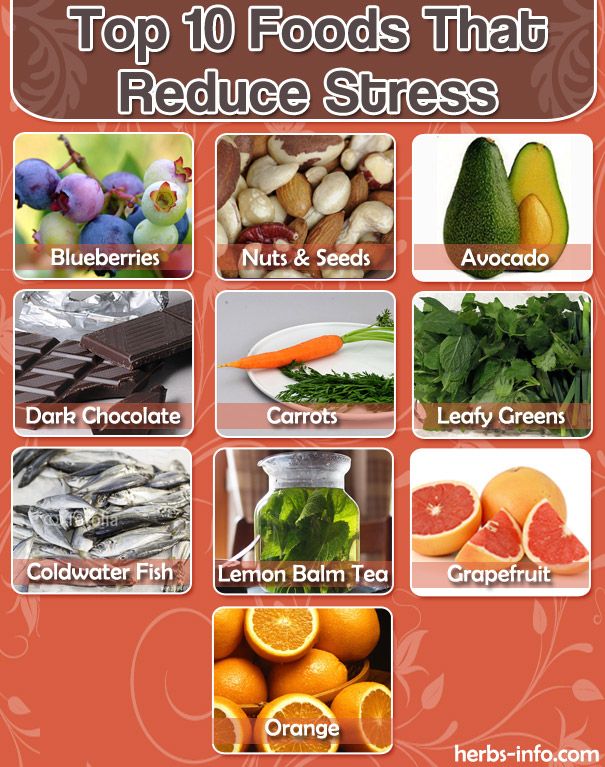
Other Ways to Reduce Stress
Yes, some foods reduce anxiety, but they won't make a big difference on their own unless you prioritize stress management in other ways.
- Meditation is a great way to calm your body, and it's free. For example, yoga will slow down and calm the body and mind.
- Outdoor walks.
- Quality sleep is in the first place for long-term health and regeneration. There are few people who are able to function normally if they get less than seven hours of sleep a night.
- Light exercise is very helpful in reducing negative emotions such as restlessness or anxiety. But intense exercise can further deplete the reserves of adrenal hormones.
- Regular relaxation should be part of everyone's daily life. Reading, taking a bath, getting a massage, or listening to music are great ways to unwind.
Although it is impossible to completely avoid stress, eating nutrient-dense foods is an effective way to support physical and mental health.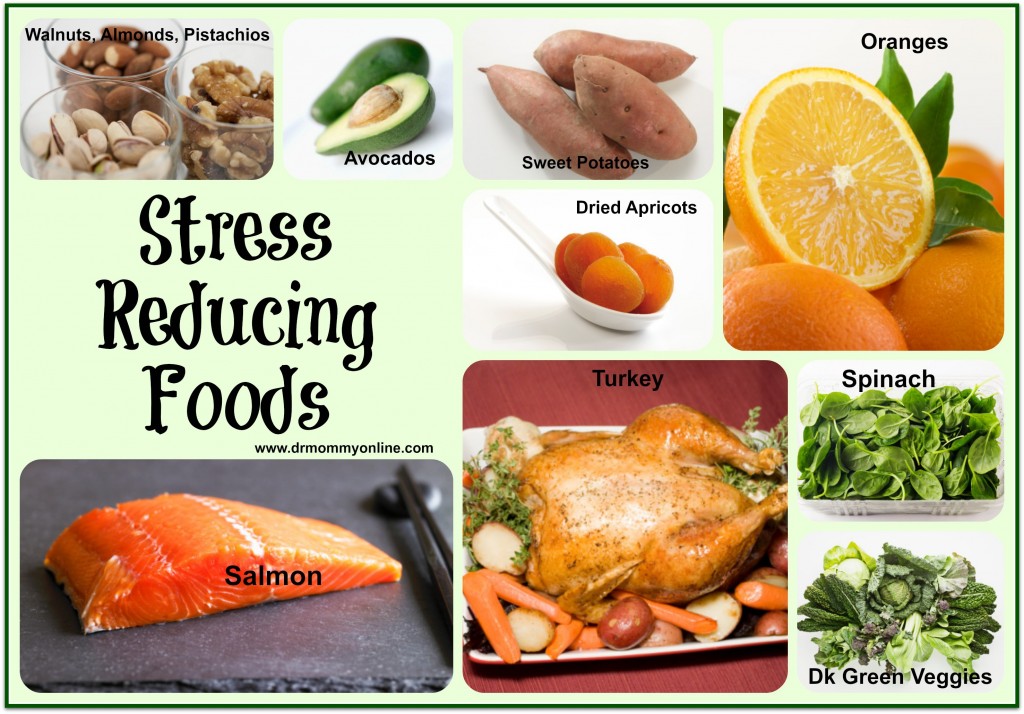 By eating natural foods and minimizing your intake of refined foods, you can help your body deal with anxiety and depression more easily. 9Ol000
By eating natural foods and minimizing your intake of refined foods, you can help your body deal with anxiety and depression more easily. 9Ol000
Top 10 Stress Relief Products
Color Scheme: C C C C
Font size: A A A
Images:
Regular site version
About the establishment
Views: 84224
Stress makes us chew chips, buy cookies and sweets, which will certainly increase body fat. But there are foods that fight stress and improve your mood without harming your figure! Feel sorry for yourself. Eat a pie / cake / candy to cheer up. And then regret it. We live in an age where stressful situations are all around us, treading water in circles, stress-eating unhealthy food, and getting depressed due to self-flagellation and weak willpower. We have prepared for you a list of products that will help reduce stress levels without increasing your weight and harming your health.
1. Berries Berries - sweet and healthy Raspberries, strawberries, blackberries and blueberries are the best low-calorie dessert and snack filled with fiber and vitamins.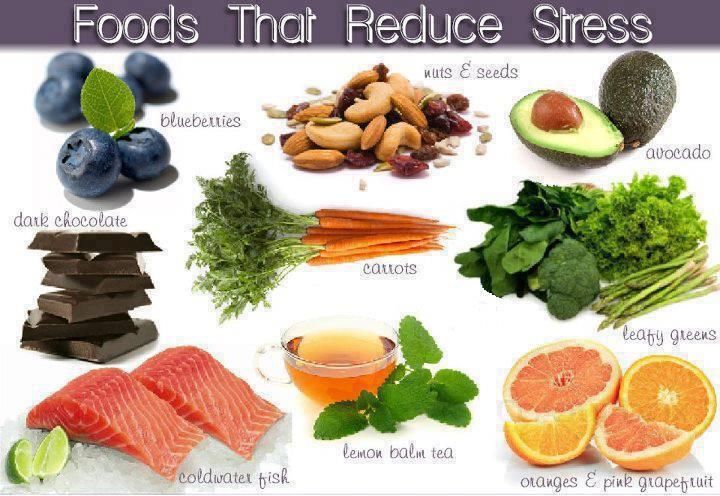 Antioxidants in berries help prevent aging caused by chronic stress. Berries curb spikes in blood sugar by reducing sugar cravings between meals. Unlike other sweeter fruits, they do not cause fermentation in the stomach, but on the contrary, they normalize digestion.
Antioxidants in berries help prevent aging caused by chronic stress. Berries curb spikes in blood sugar by reducing sugar cravings between meals. Unlike other sweeter fruits, they do not cause fermentation in the stomach, but on the contrary, they normalize digestion.
2. Chamomile Chamomile - Regulator of Mood and Stomach A decoction of chamomile is not only great for reducing tension in the nervous system before sleep, but also contains hippuric acid, a substance that reduces inflammation that occurs during times of stress. If you drink chamomile tea after eating, you can reduce colic, eliminate constipation - symptoms that accompany irritable bowel syndrome in people with stress.
3. Dark chocolate Dark chocolate - and the mood is 70% higher! Dark chocolate with 70% or more cocoa beans helps fight stress by releasing beta-endorphins. Chocolate is a healthy sweet that suppresses cravings for unhealthy foods (sweets, chips, sausages). The substance phenylethylamine in the composition of chocolate causes a feeling of euphoria.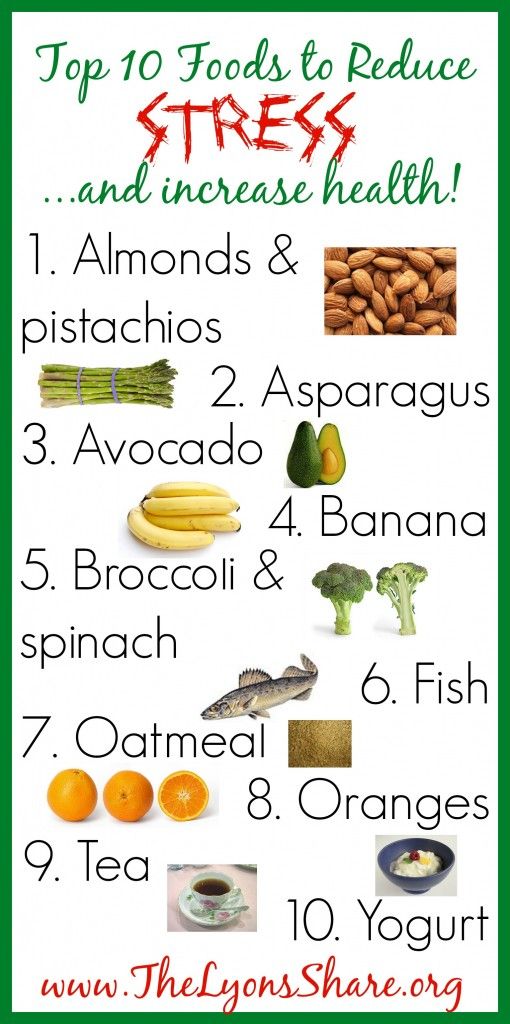
4. Nuts Nuts are the best metabolism aid Nuts balance blood sugar levels, reduce sugar cravings, regulate appetite and stimulate metabolism. Under stress, certain substances are consumed faster. Nuts contain magnesium, zinc, B vitamins and omega-3 fatty acids, which are essential for a chronically stress-weary body. The vegetable fats in nuts are beneficial, unlike fats from sausages and pork.
5. Celery Celery - satiety and calmness Celery contains tryptophan, which helps the body produce the substance serotonin, which is necessary for maintaining a good mood and sound sleep. A few celery stalks with peanut butter as a snack before bed will help you fall asleep faster and not wake up hungry.
6. Licorice (Liquorice) Licorice (Licorice) - Aid to the Hormonal System 1 cup of licorice root tea will help you relieve stress. Licorice modulates levels of the stress hormone cortisol. On the one hand, it supports the body with hypofunction of the adrenal glands, that is, when there is too little cortisol, and on the other hand, it helps to reduce and normalize its amount in excess.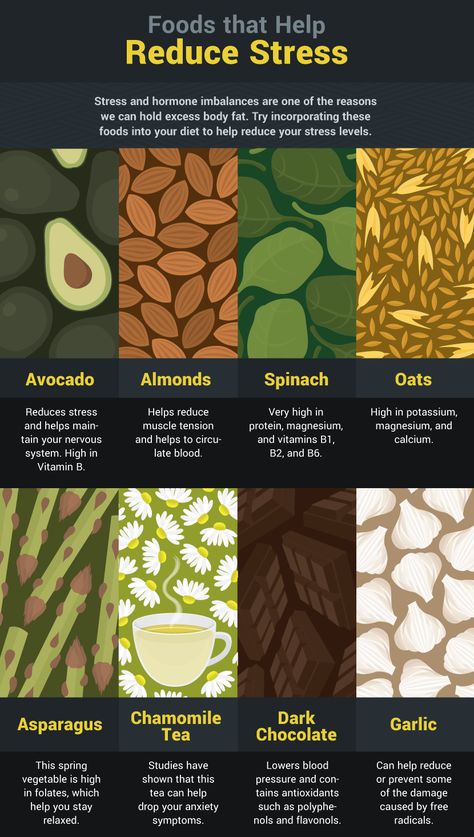
7. Oily Fish Oily Fish - Fuel for the Nervous System Fatty fish such as salmon, sardines and trout contain omega-3 fatty acids, B vitamins, magnesium and zinc, substances the body needs in stressful situations. Fatty acids improve mood, reduce inflammation and reduce sugar cravings.
8. Garlic Garlic - Antibacterial Seasoning Garlic has powerful antibacterial, antiviral, and antifungal properties that help support the immune system during times of stress. It also reduces joint inflammation, which increases with stress. Two cloves in a vegetable stew with lemon juice, oregano and olive oil will give a bouquet of flavors and relieve stress.
9. Kale Family Kale Family - Liver Helpers A nutritious member of cruciferous vegetables contains glucosinolates, which relieve symptoms of stress, premenstrual syndrome, remove toxins, excess cortisol and adrenaline from the blood. Cabbage leaves can be consumed in any form, but raw - they improve thyroid function, which is disturbed by stress.